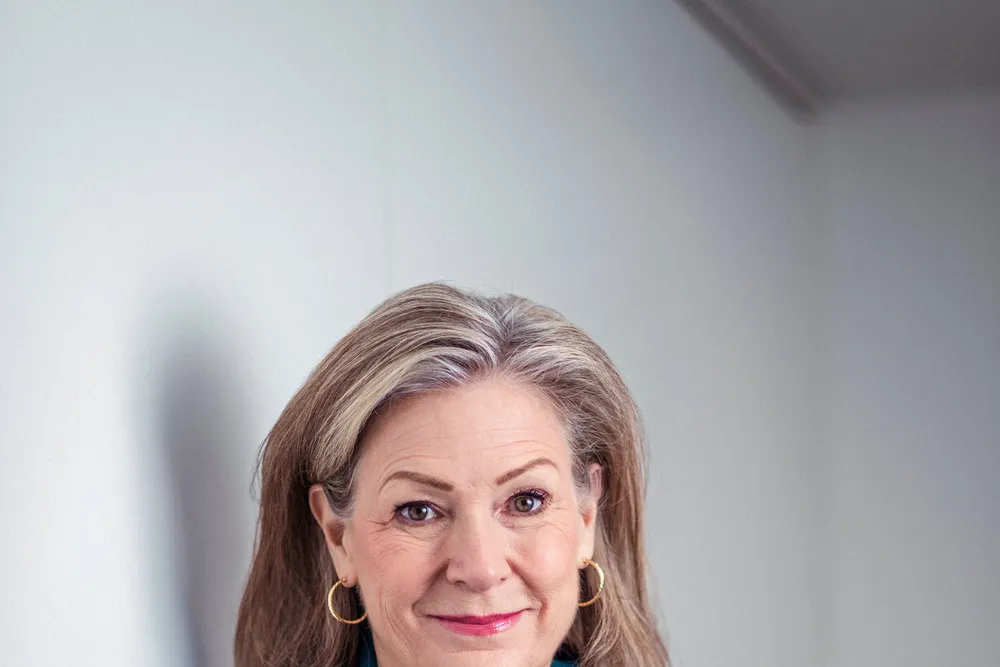Cook in a stew over UK profits tax
Harbour Energy chief executive says ‘uncertainty’ around windfall levy is encouraging the UK’s largest producer and others to look elsewhere for growth

Harbour Energy chief executive says ‘uncertainty’ around windfall levy is encouraging the UK’s largest producer and others to look elsewhere for growth
